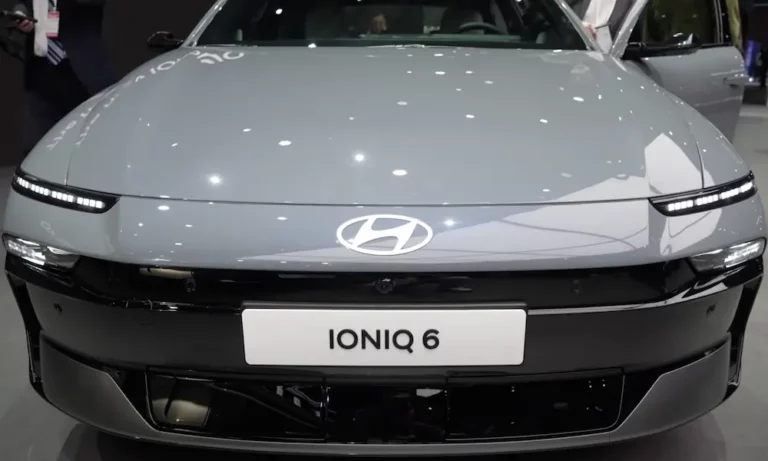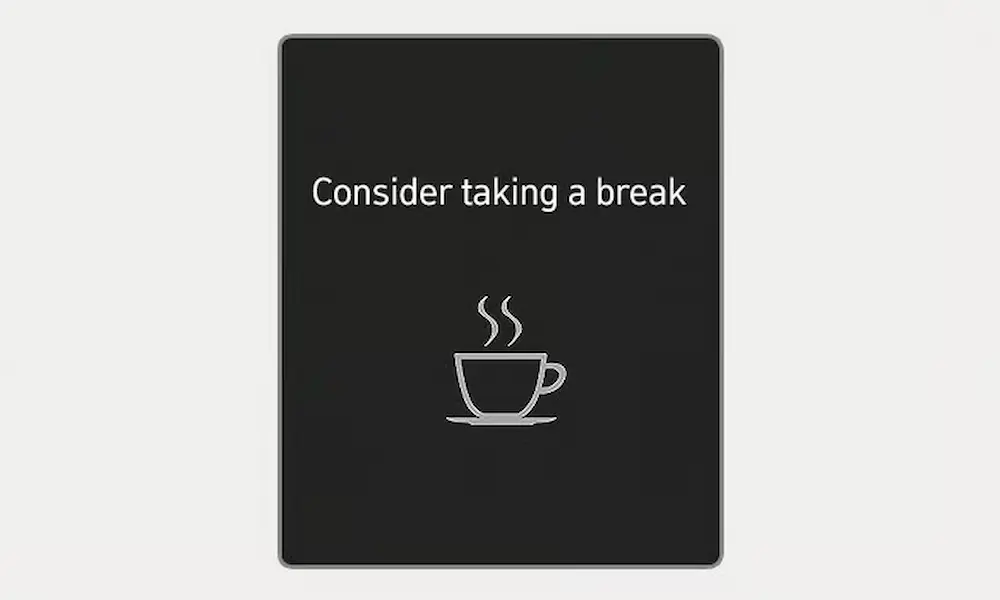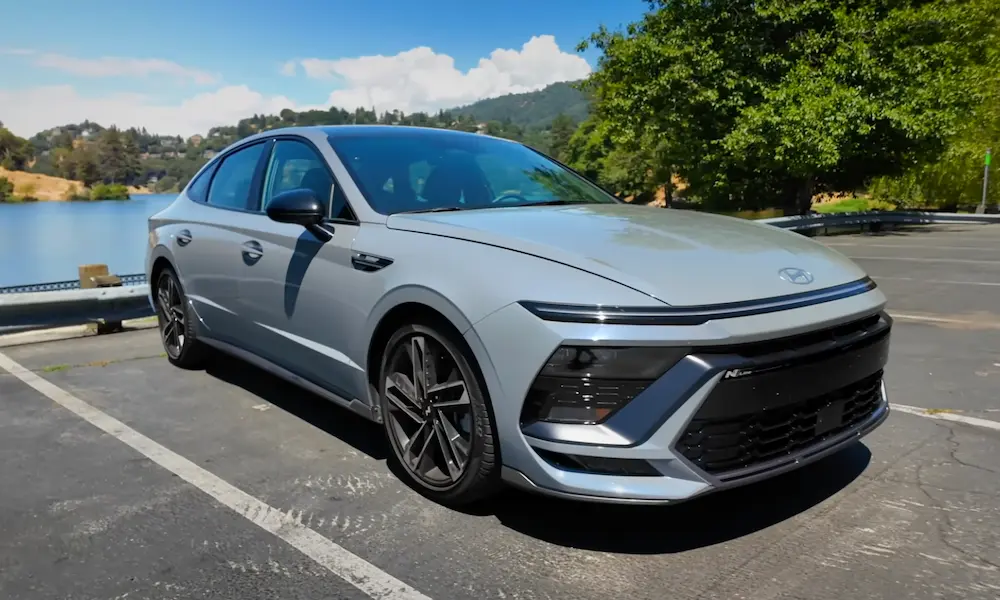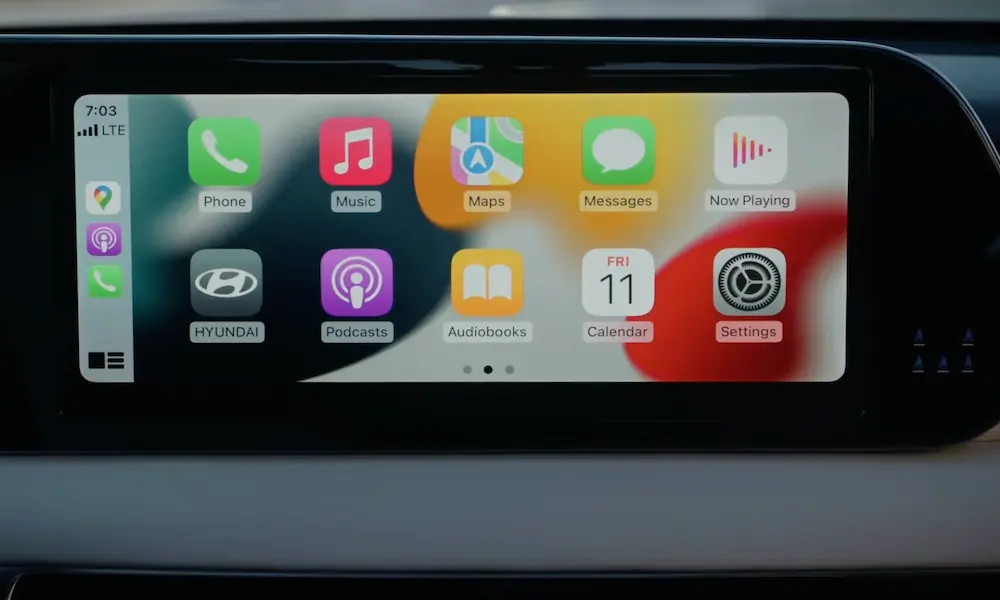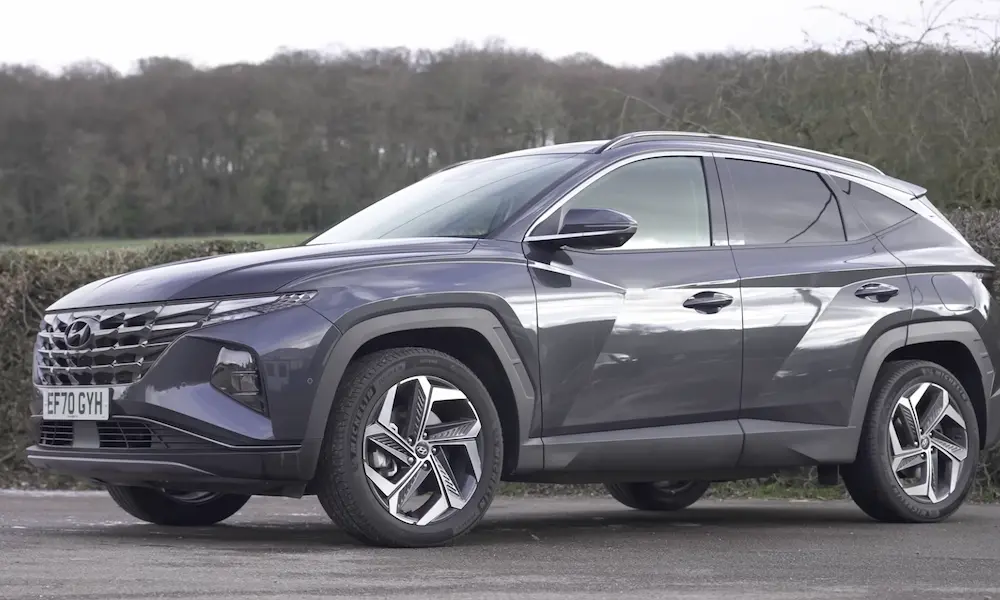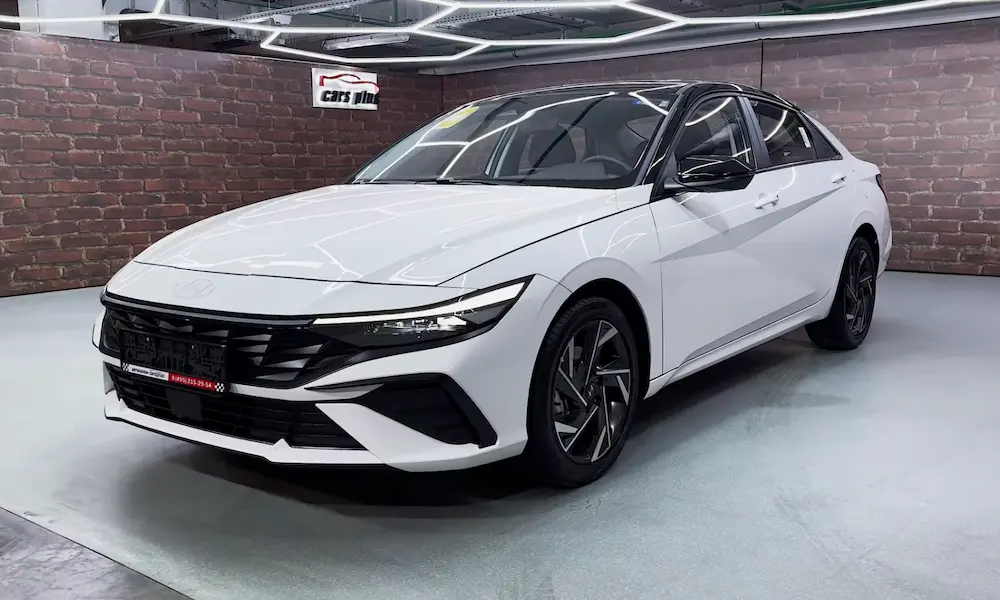You’ve seen that dreaded “Check ESC” light pop up on your Hyundai’s dashboard. Now what? Don’t worry—this isn’t necessarily a sign of major trouble, but it’s definitely something that needs your attention. Electronic Stability Control is a crucial safety feature, and when it’s not working properly, your vehicle’s handling isn’t at its best.
What is Electronic Stability Control in Hyundai Vehicles?
Electronic Stability Control (ESC) is an advanced safety system that helps you maintain control of your Hyundai during challenging driving conditions. Think of it as your invisible driving assistant.
The ESC system constantly monitors your steering and vehicle direction. When it detects that your car might be veering off your intended path—like during a skid on wet roads—it springs into action. The system applies brake pressure to individual wheels and can even reduce engine power to help keep your car stable.
Most Hyundai vehicles made since 2014 include ESC as standard equipment, as it’s been mandatory in new vehicles since then. This technology has significantly reduced single-vehicle crashes involving loss of control.
How Hyundai’s ESC System Works
Your Hyundai’s ESC system relies on several key components working together:
- Wheel speed sensors that monitor how fast each wheel is turning
- A steering angle sensor that tracks where you’re pointing the car
- A yaw rate sensor that measures how much your car is rotating
- An accelerometer that detects sideways movement
When these sensors detect a potential stability issue, the ESC control unit takes immediate corrective action. You might feel the brakes pulse or the engine power adjust as the system works to maintain your car’s stability.
What Does the “Check ESC” Warning Mean?
When you see “Check ESC” displayed on your Hyundai’s dashboard, it’s telling you there’s a problem with the Electronic Stability Control system. This warning can appear in a few different ways:
- As a text message saying “Check ESC” on your instrument panel
- As an illuminated ESC warning light (typically showing a car with skid marks)
- Sometimes accompanied by the “ESC OFF” indicator light
Under normal conditions, the ESC light briefly illuminates when you start your Hyundai and then turns off. If the light stays on continuously, it indicates a system malfunction. When you see the light blinking during driving, it means the system is actively working to maintain stability.
Common Causes of Hyundai Check ESC Warnings
Several issues can trigger the Check ESC warning in your Hyundai. Here are the most common culprits:
Battery Problems
Surprisingly, a weak or failing battery is one of the most frequent causes of ESC warnings in Hyundai vehicles. Many owners of newer Hyundai models (particularly 2022-2023 Palisades) have reported that simply replacing the battery resolved their persistent ESC warnings.
Even in vehicles less than two years old, factory batteries can sometimes fail prematurely, causing the ESC system to malfunction or display warnings.
Sensor Malfunctions
The ESC system depends on accurate input from multiple sensors. Problems often arise from:
- Dirty or damaged wheel speed sensors
- Misaligned steering angle sensors
- Faulty yaw rate sensors
These sensors can become contaminated with road debris or simply fail over time, causing the system to receive incorrect data.
Electrical Issues
Your Hyundai’s ESC system is part of a complex electrical network. Problems can include:
- Damaged wiring or connectors
- Blown fuses related to the ESC system
- Issues with the brake control module
- Poor electrical connections
System Deactivation
Sometimes the warning appears simply because the system has been turned off:
- Accidental pressing of the ESC OFF button
- System automatically disabling itself due to another detected issue
- ESC temporarily disabled during certain driving conditions
Is It Safe to Drive with a Hyundai Check ESC Warning?
When the “Check ESC” warning appears in your Hyundai, you need to consider a few factors before deciding whether to continue driving.
Short-Term Driving Considerations
In most cases, you can continue driving with caution when the ESC light is on, but:
- Your vehicle’s stability control is compromised or disabled
- You’ll need to drive more cautiously, especially in slippery conditions
- Sharp turns and emergency maneuvers will be more challenging
- The protection normally provided by ESC won’t be available
The ESC system doesn’t affect your ability to steer or brake normally—it’s an additional safety layer that’s currently unavailable.
When to Park Your Hyundai Immediately
There are scenarios where you should stop driving and seek assistance:
- If the ESC warning appears alongside other warning lights, particularly brake-related warnings
- When the warning is accompanied by unusual handling characteristics
- If your Hyundai Palisade displays the warning and won’t start (a common issue reported by owners)
- When the warning occurs during hazardous driving conditions like heavy rain or snow
DIY Troubleshooting for Hyundai ESC Issues
Before heading to the dealership, there are several steps you can try to resolve the ESC warning:
Restart Your Vehicle
The simplest fix is often the most effective. Turn off your Hyundai completely, wait 30 seconds, and restart it. This can reset the electronic systems and clear temporary glitches that might be causing the warning.
Check Your Battery
Since battery issues are a common cause of ESC warnings in Hyundai vehicles, check your battery’s condition:
- Look for corrosion on battery terminals
- Clean any corrosion with a wire brush and baking soda solution
- Ensure connections are tight
- Try jump-starting your vehicle if it seems to have weak power
Many Hyundai owners have reported that disconnecting the battery overnight and reconnecting it the next morning resolved their ESC warnings.
Inspect Wheel Sensors
Look for obvious issues with wheel sensors:
- Check for debris around wheel hubs and brake components
- Look for damaged wiring near the wheels
- Clean the area around sensors with compressed air (if accessible)
Check Fuses
Locate your Hyundai’s fuse box (usually under the dashboard or in the engine compartment) and check the fuses related to the ESC system. Your owner’s manual will identify which fuses are associated with the brake and stability systems.
Professional Diagnosis and Repair
When DIY solutions don’t work, it’s time to seek professional help:
Diagnostic Scanning
A professional technician will:
- Connect a specialized diagnostic scanner to your Hyundai
- Read the specific trouble codes from the brake control module
- Identify exactly which component is causing the ESC warning
This targeted approach is much more efficient than guessing what might be wrong.
Component Replacement
Based on diagnostic results, the technician might need to:
- Replace faulty sensors (wheel speed, steering angle, or yaw rate sensors)
- Repair damaged wiring
- Replace the battery (a common fix for many Hyundai models)
- Recalibrate the steering angle sensor
System Reset and Update
Sometimes the issue can be resolved through:
- Resetting the ESC system with professional equipment
- Updating the software in the brake control module
- Performing a calibration procedure after repairs
Model-Specific Hyundai ESC Issues
Different Hyundai models tend to experience specific ESC-related problems:
Hyundai Palisade (2022-2023)
The Palisade has a well-documented issue where:
- The vehicle displays “Check ESC” warning
- The car won’t start or struggles to start
- The problem mimics a dead battery
- Replacing the battery resolves the issue in most cases
As one Palisade owner reported: “We ended up getting the battery replaced and haven’t had a single issue since. It was still the factory battery as the car was barely 16 months old but it must’ve just been a bad battery because the dealership replaced it for free and we’ve been fine ever since.”
Hyundai Sonata
Sonata owners have reported ESC warnings related to:
- Steering angle sensor failures
- ABS module issues
- Wheel speed sensor problems
Hyundai Santa Fe
The Santa Fe commonly experiences:
- ESC warnings after driving through deep water or heavy rain
- Issues with the yaw rate sensor
- Intermittent electrical problems affecting the ESC system
Hyundai Tucson
Tucson models often exhibit:
- ESC warnings triggered by weak batteries
- Wheel sensor failures, particularly in older models
- Wiring issues related to the ABS and ESC systems
Preventative Maintenance for ESC System
To minimize the chances of experiencing ESC issues in your Hyundai:
Regular Battery Checks
Since battery problems are a common trigger for ESC warnings:
- Have your battery tested during regular service visits
- Keep battery terminals clean and tight
- Consider replacing your battery proactively at 3-4 years, even if it still seems to work
Keep Wheel Areas Clean
Protecting your wheel sensors helps prevent ESC issues:
- Regularly wash wheel areas, especially after driving on salted roads
- Avoid pressure washing directly at wheel hubs
- Have wheel bearings inspected during tire rotations
Address Warning Lights Promptly
Early intervention often prevents more significant problems:
- Don’t ignore intermittent ESC warnings
- Have your Hyundai checked if the ESC light flashes regularly during normal driving
- Respond quickly to any combination of warning lights
Cost Considerations for ESC Repairs
Understanding potential repair costs can help you budget appropriately:
DIY Solutions
Some fixes are inexpensive if you can handle them yourself:
- Battery replacement: $150-$250
- Cleaning sensors: Virtually free
- Fuse replacement: Under $10
Professional Repair Estimates
For dealer or shop repairs, expect these approximate costs:
- Diagnostic fee: $100-$150
- Wheel speed sensor replacement: $150-$350 per sensor
- Steering angle sensor replacement: $300-$600
- Complete ESC module replacement: $800-$1,500
- Battery replacement at dealer: $200-$300
Many ESC issues in Hyundai vehicles fall on the lower end of the cost spectrum, especially those related to battery problems or simple sensor issues.

